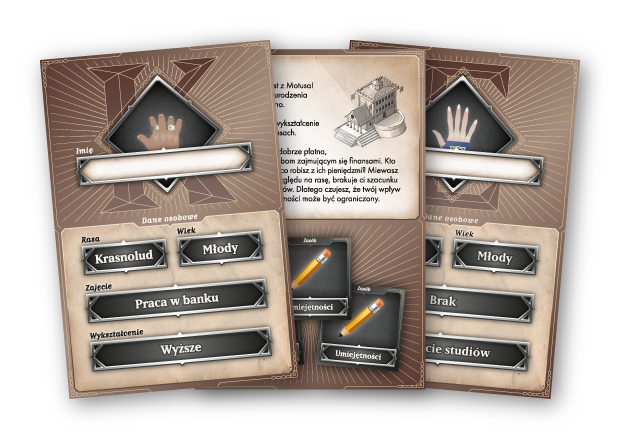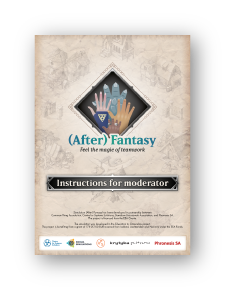Take your team to Motus, a fantasy town where cooperation is crucial.
Only a strong group is able to face the dangerous Threat!
about simulation
What is (After)Fantasy?
(After)Fantasy is a board game social simulation. Players learn methods of cooperation, overcoming crises, and co-organizing activities. The fantastic world is full of challenges that groups and organizations face in the real world.

Gameplay results
By embodying a fictional elf, players can experience firsthand the difficulties that may arise during collaboration with others. Obstacles such as prejudices, ambitions, or differences in working styles can prove problematic in the real world. (After)Fantasy allows exploring these challenges in the safe environment of the magical world of Motus.

Contact us
project

The simulation was created as part of the Education for Citizenship project, which received funding of EUR 171,017.00 from Iceland, Liechtenstein, and Norway under the EEA Grants. The context of the ‘Citizenship Education‘ project is the need to develop and solidify tools for civic education for adults. Available data indicates a low level of civic education in high schools, but even more concerning is that, according
to studies, Poles do not maintain their civic engagement after the age of 25.








